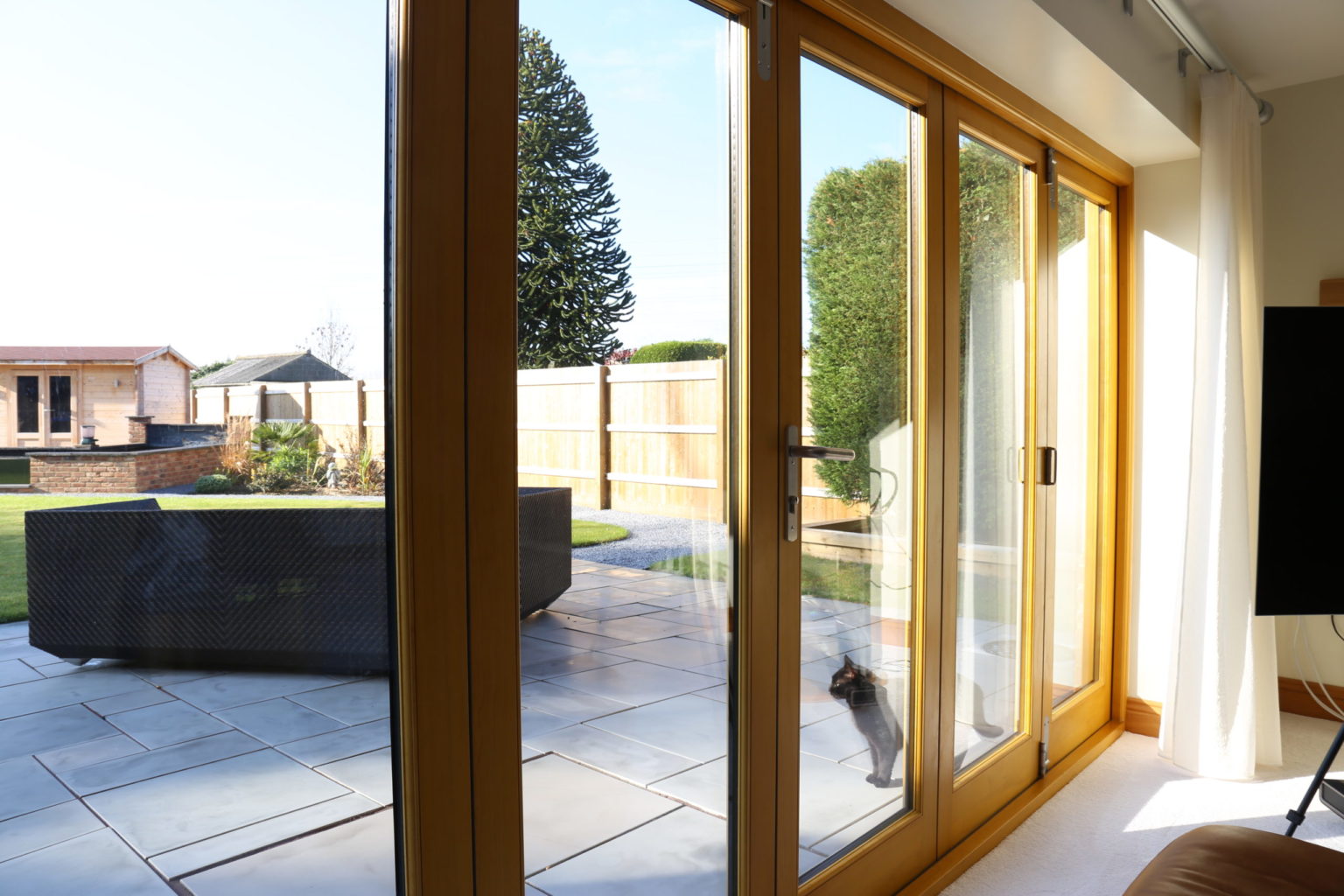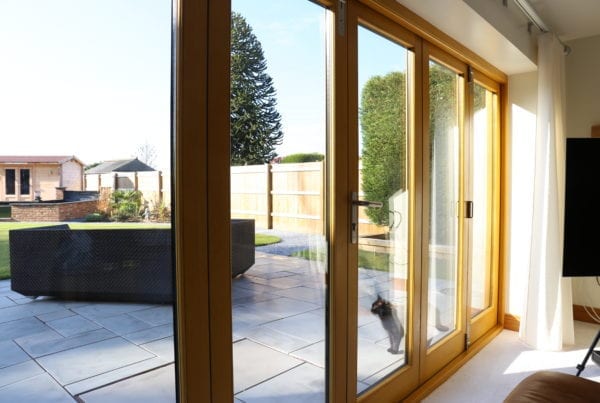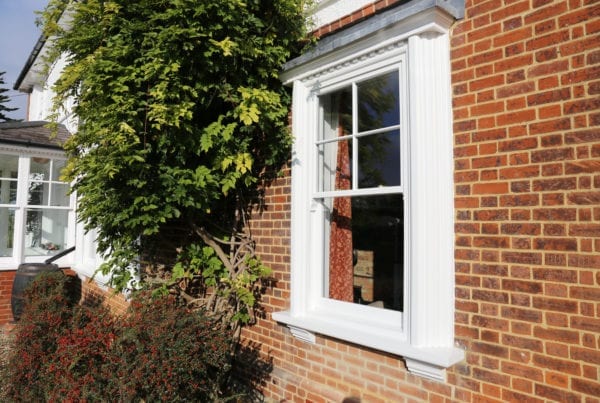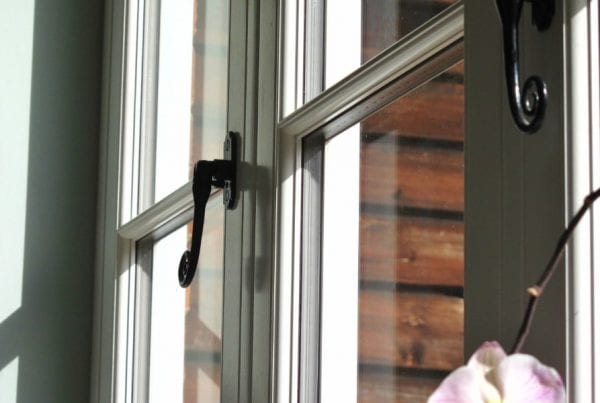Building regulations are an extensive set of legal requirements covering all aspects of construction, including windows. FENSA is an independent body whose function is to ensure compliance with building regulation standards. Whilst the building regulations apply to both new build and replacement windows, FENSA only covers replacement windows in existing properties.
Once an installation is completed and registered, a document known as a FENSA certificate is issued that shows that the installed windows are compliant.
Why is it important to choose a FENSA-registered window installer like Andrew Jaynes?
FENSA has a national team of inspectors who randomly check a sample of installations to ensure that the window company is fully compliant with all the relevant building regulations. By choosing a FENSA-registered company such as Andrew Jaynes, you’ll have an added level of assurance of the quality of our product and service.
It is important to note that FENSA certificates can only be registered by the installer of the windows. So, if you are considering buying windows on a supply-only basis and carrying out your own installation you should be aware that the supplying company will not be able to issue a certificate, even if they are FENSA registered.
Many window companies use subcontract installation teams to fit their windows – but not us. At Andrew Jaynes, we offer the added assurance that our fitting teams are directly employed by us, which means your windows will come with a FENSA certificate.
Find out more about our FENSA windows
Is a FENSA certificate a legal requirement?
It is a legal obligation of the homeowner to be able to prove compliance with the building regulations, especially when they come to sell their property. A FENSA certificate is a universally-recognised proof of compliance for replacement windows. Alternatively, you can pay for a building notice from your local authority. However, they would still need to see evidence that the windows meet the necessary regulations.
In the case of listed buildings, where the requirement for historic appearance is sometimes at odds with building regulations, the historic considerations will take priority. For this reason, FENSA does not cover listed buildings. If required, you can apply for an exemption certificate from the local authority.
Related: How to change windows in a listed property?
What is not covered by FENSA?
- Windows in non-habitable areas such as garages.
- Commercial properties.
- Any external door that is less than 50% glazed.
- Listed buildings.
How do I get a FENSA certificate?
The company that installs your windows must be a FENSA-registered company. On completion, they will register your details with FENSA, who will then issue your certificate. The certificate can take up to several weeks from registering, but you can always check the FENSA online database that will show that your installation has been registered. Replacement certificates can be requested from FENSA although there is a charge for this.
Why is a FENSA certificate important?
Apart from the reassurance that it gives the homeowner, a FENSA certificate will be requested by the purchaser’s solicitors to satisfy the mortgage lender in the event of a property sale. If replacement windows have been installed but a certificate cannot be supplied, then this can complicate the process and potentially, the lender may withdraw a mortgage offer or place conditions upon it. In extreme cases, they may require the windows to be replaced.
Andrew Jaynes is a FENSA-approved window contractor. For a free quote, get in touch today.







